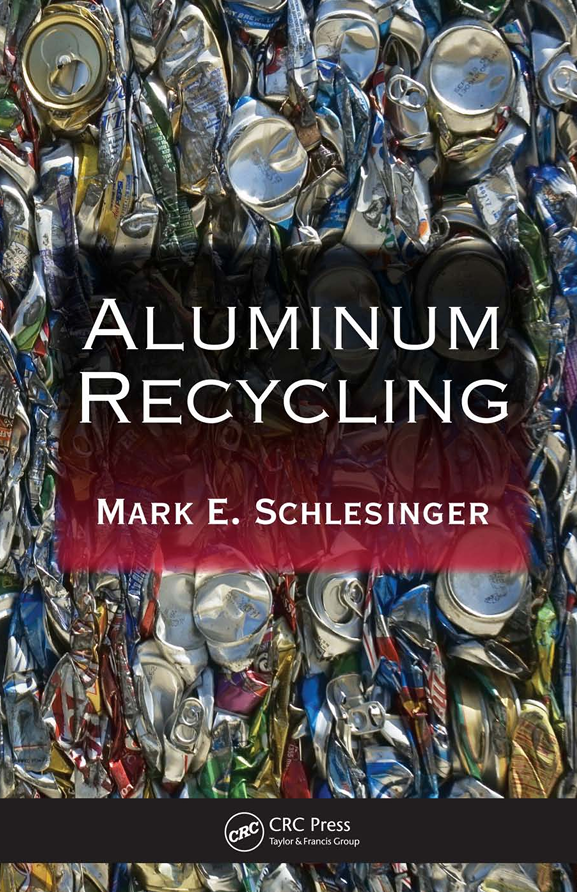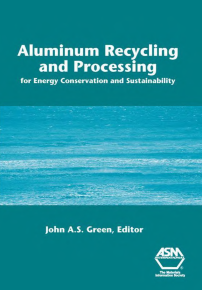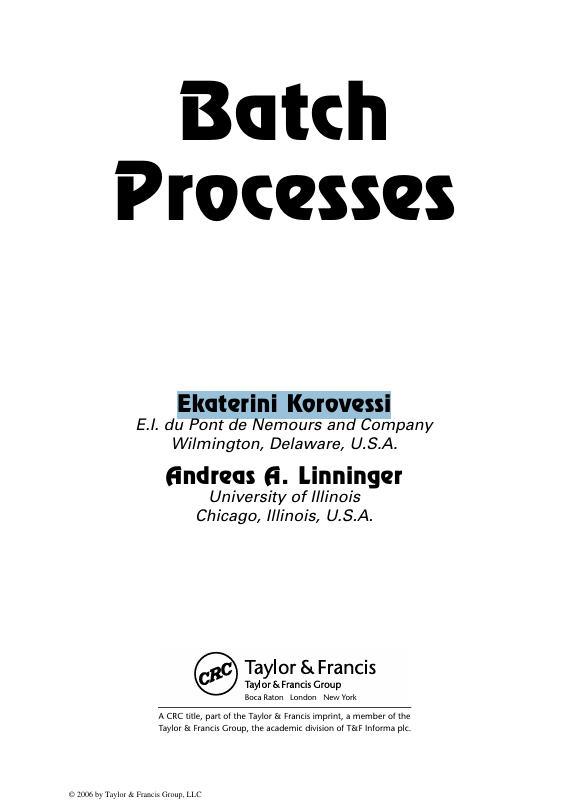extractive metallurgy. Extractive metallurgy used to be defined as the winning of
metals or alloys from naturally occurring ores, but over the past half-century this
has changed. Increasingly, the ore body is now found on the ground, rather than in
it. The majority of iron and steel produced in North America is now obtained from
recycled material, as are 40% of the copper, 80% of the lead — and more than 50%
of the aluminum. As a result, extractive metallurgy instruction now includes significant
exposure to recycling technology and the unique processes used to recover metal
from this strange type of “ore.”
Since most extractive metallurgy textbooks do not include recycling technology
in their discussion of “minerals processing,” and discuss molten-metal refining in a
way that excludes the refining of recycled metal, I went searching for a text that
focused on metals recycling. Although several conference proceedings on the subject
have been published, and some books (in particular Nijkerk and Dalmijn’s Handbook
of Recycling Techniques) have dealt with one or more parts of the recycling process,
there is no treatment of the overall process. This matters, because decisions made
during the collection and upgrading of scrap metals often have an impact on the
melting and refining strategies employed later. As a result, an integrated treatment
of the recycling process is needed.




